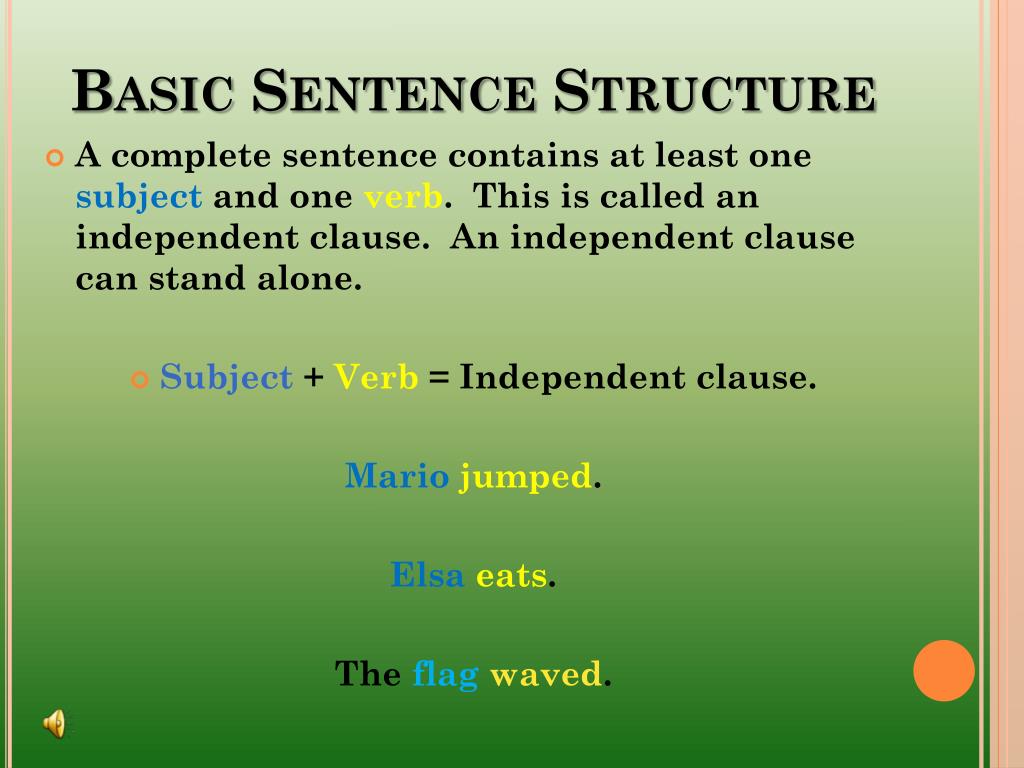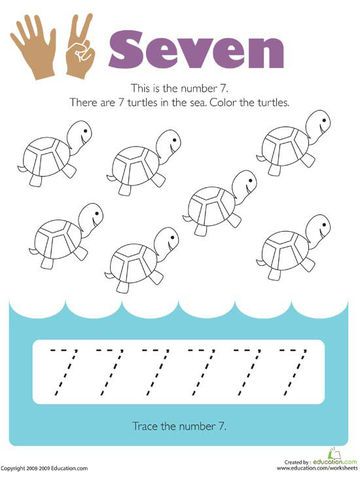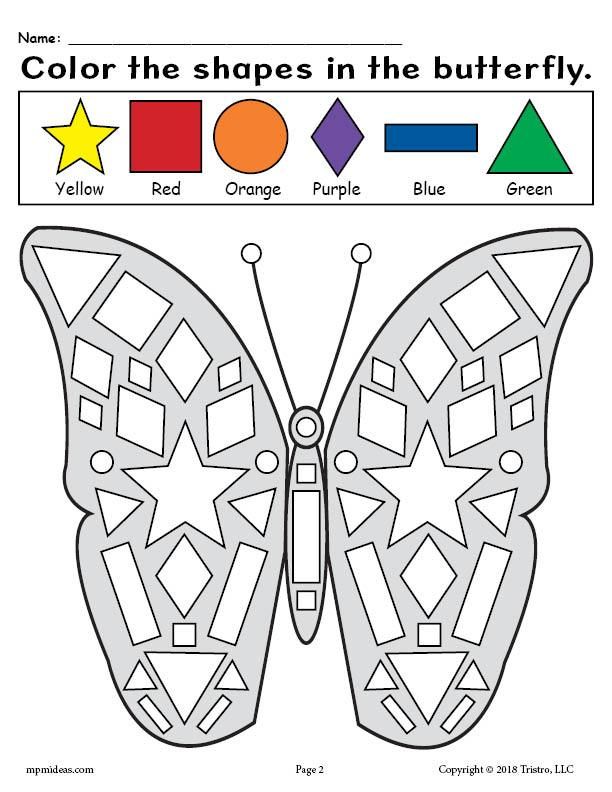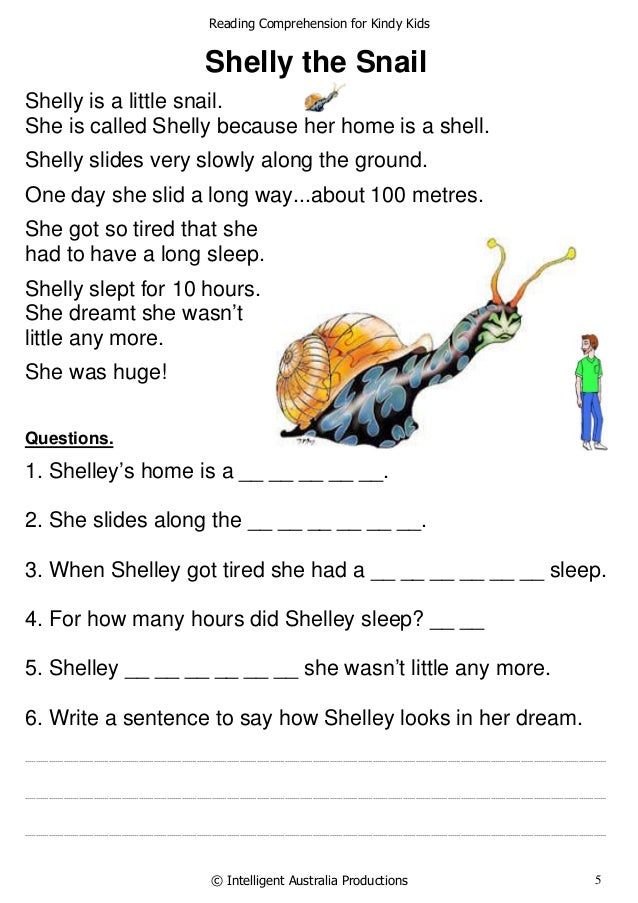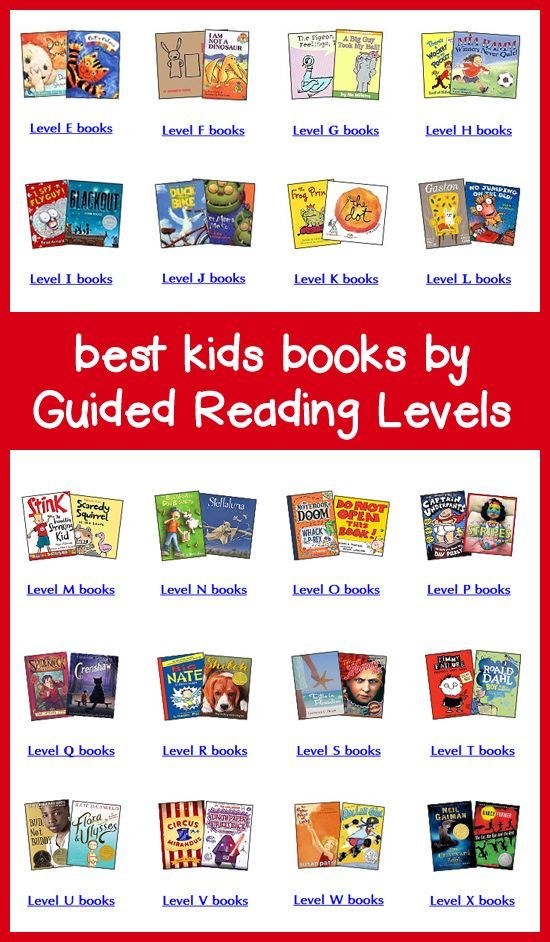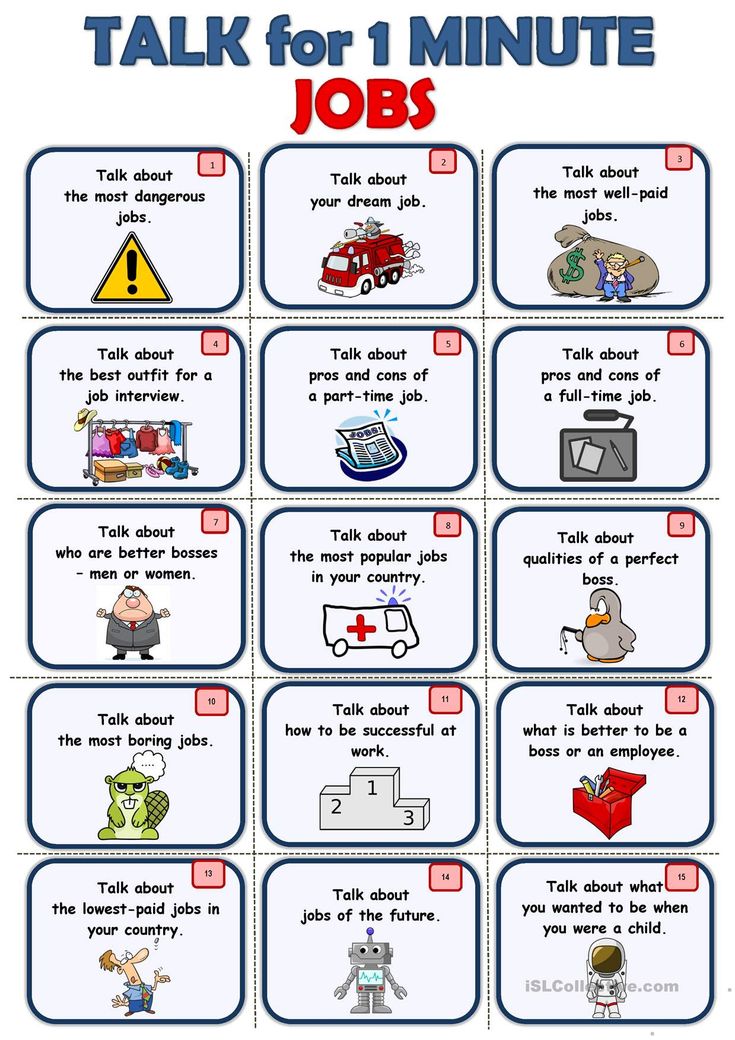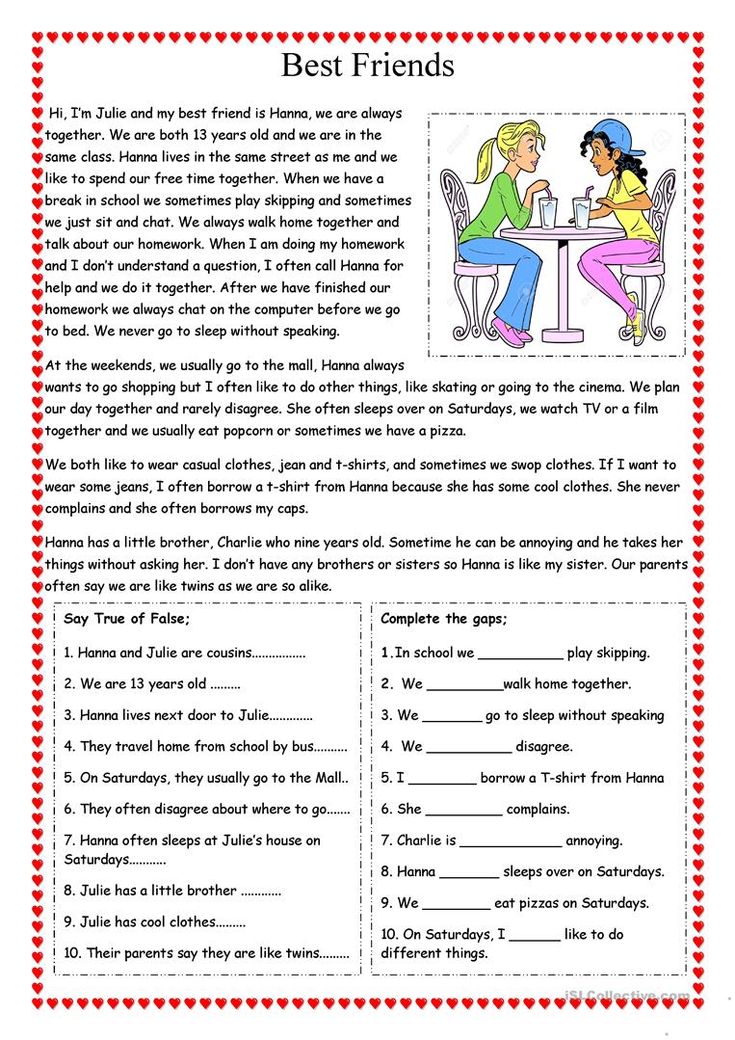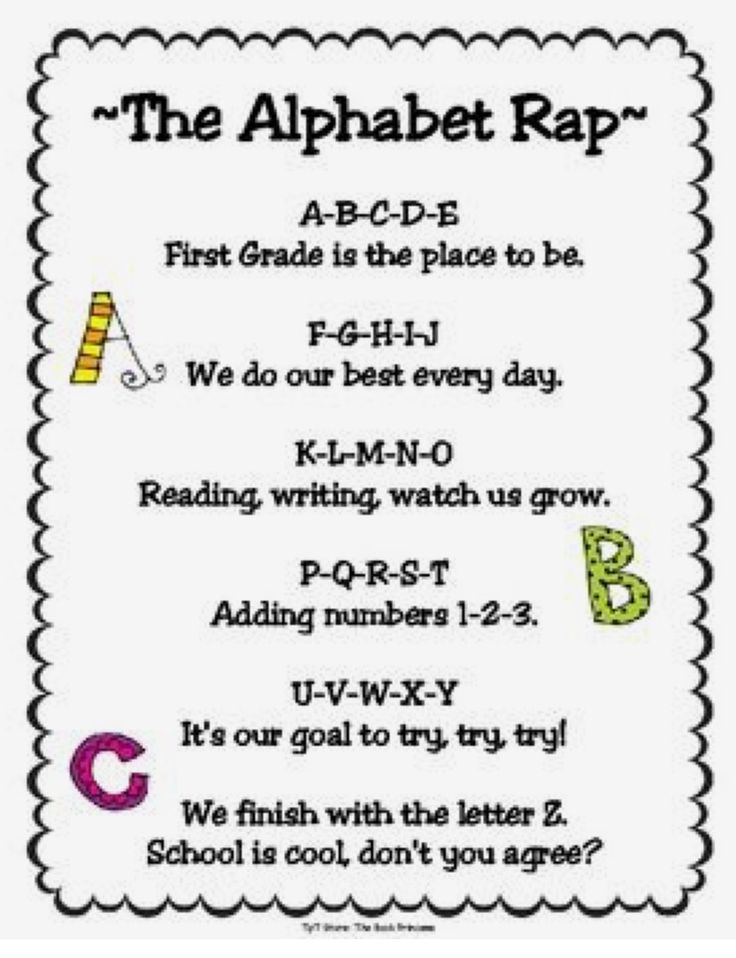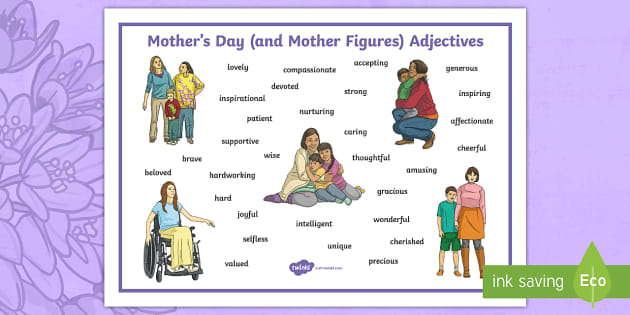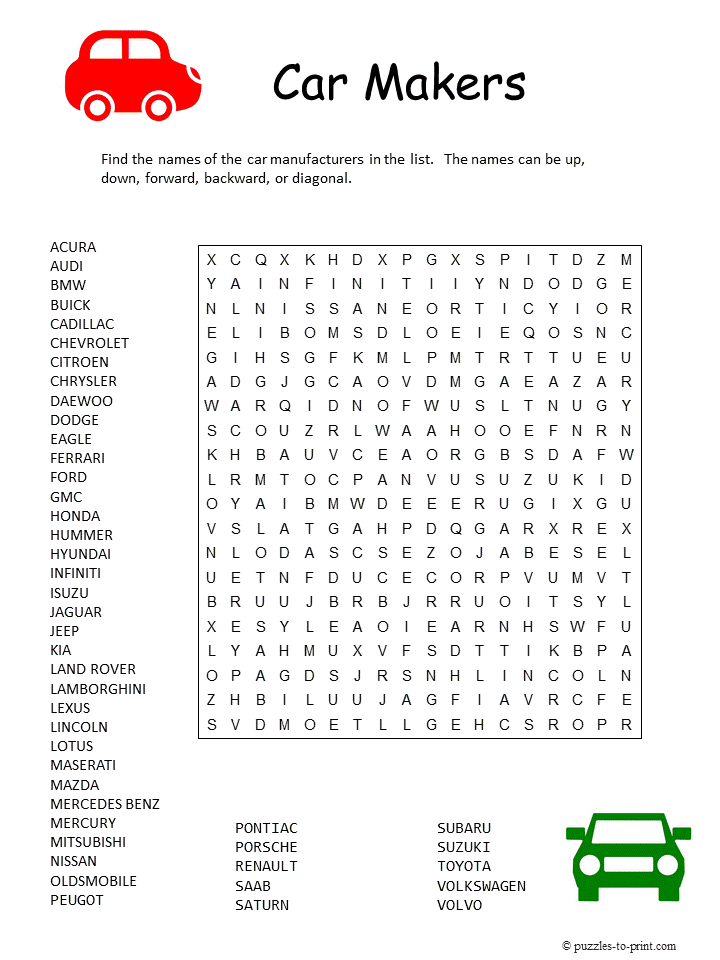Simple sentence with of
English Sentences with Audio Using the Word "Of"
English Sentences with Audio Using the Word "Of"- Of course.
- Let go of my arm!
- Walk ahead of me.
- Beware of the dog!
- I'm kind of happy.
- I'm short of money.
- We ran out of food.
- I ran out of breath.
- I'm proud of my son.
- It's free of charge.
- I am afraid of bears.
- It's a piece of cake.
- You keep out of this.
- All of us were silent.
- Beware of pickpockets.
- He got a lot of money.
- He has a lot of money.
- He is a man of action.
- He is afraid of death.
- He let go of the rope.
- I am tired of my work.
- I got out of the taxi.
- I've run out of money.
- None of your business.
- They made fun of Mary.
- All of them went there.
- He is afraid of snakes.
- He is fond of swimming.
- He went in place of me.
- He's afraid of the sea.
- How about a cup of tea?
- I'm sick of hearing it.
- It's ahead of schedule.
- She has a lot of money.
- She is in need of help.
- We have plenty of time.
- You had plenty of time.
- Give me a cup of coffee.
- He died of that disease.
- He is afraid of the dog.
- He runs a lot of hotels.
- I don't see much of him.
- I want a piece of candy.
- I want to get rid of it.
- I'm proud of my brother.
- Is he a friend of yours?
- Is that a picture of me?
- It's no concern of mine.
- Please let go of my arm.
- Take care of yourselves!
- There is a lot of money.
- Tom is a friend of mine.
- We made it out of there.
- You have a lot of nerve!
- All of them are not poor.
- Don't make fun of people.
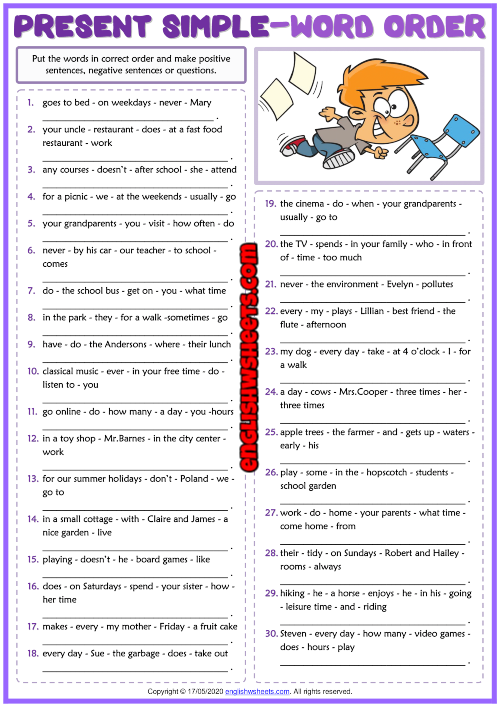
- Give me a bottle of wine.
- He is afraid of swimming.
- He knows a lot of people.
- I don't like any of them.
- I have a lot of homework.
- I met a friend of Mary's.
- It's none of my business!
- She went out of the room.
- She wrote a lot of poems.
- That toy is made of wood.
- The desk is made of wood.
- The sky is full of stars.
- Do you have a lot of pens?
- Do you have a lot of time?
- He bought a pair of shoes.
- He has a house of his own.
- He's fresh out of college.
- I accused him of cheating.
- I can't think of his name.
- I'm afraid of earthquakes.
- It's the third of October.
- One of us will have to go.
- We have lost sight of him.
- We suspected him of lying.
- All of the dogs were alive.
- Are you afraid of the dark?
- Basketball is a lot of fun.
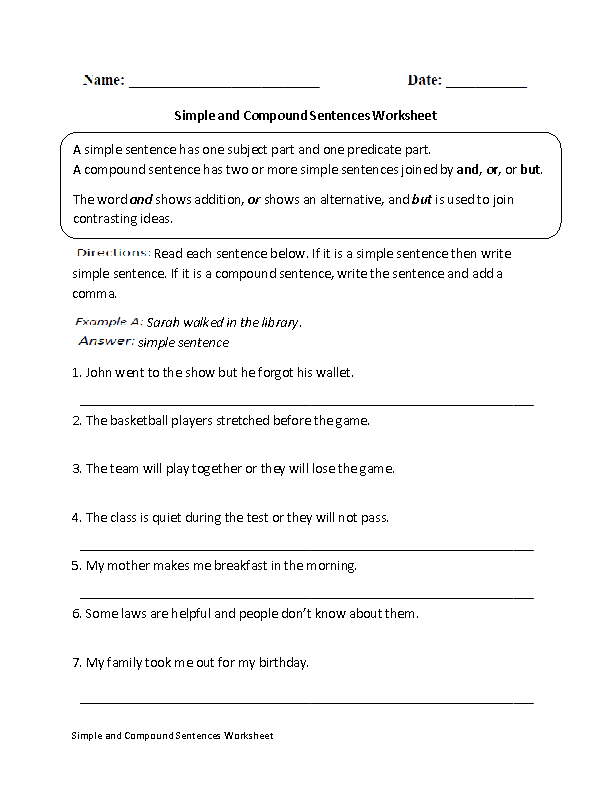
- Get this stuff out of here.
- Have a little of this cake.
- He ate a box of chocolates.
- He drank a shot of whiskey.
- He is a teacher of English.
- He is afraid of his father.
- He is still full of energy.
- I have a lot of work to do.
- I'm afraid of wild animals.
- Let's do this first of all.
- She has no sense of beauty.
- She isn't afraid of snakes.
- Take good care of yourself.
- Was there a lot of traffic?
- What about a glass of beer?
- What do you think of Japan?
- You remind me of my mother.
- Are you a creature of habit?
- Are you sure of your answer?
- Both of my parents are dead.
- He is an old friend of mine.
- I don't know either of them.
- I don't want either of them.
- I wish you the best of luck.
- I'm very proud of my father.
- She brought me a cup of tea.
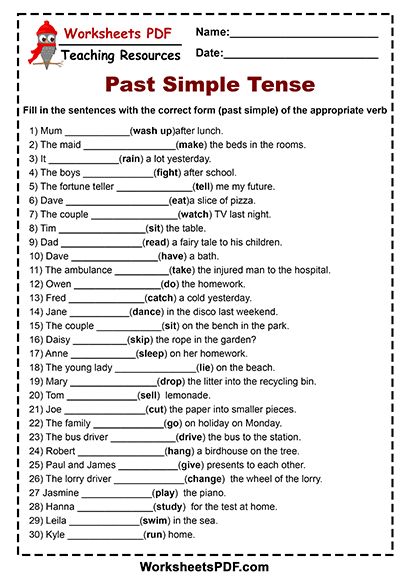
- She gave him a lot of money.
- She has a lot of work to do.
- She owes him a lot of money.
- Tom got a little bit of pie.
- We have a lot of work to do.
- What sort of work do you do?
- All of her songs became hits.
- Are you proud of your father?
- Both of them are in the room.
- Do they take care of the dog?
- He has a lot of things to do.
- He was innocent of the crime.
- I am doubtful of his success.
- I bought two bags of popcorn.
- I bought two bottles of milk.
- I have a good sense of smell.
- I have a lot of things to do.
- I have to do a lot of things.
- I want to drink a cup of tea.
- I went there dozens of times.
- I'm a bit short of money now.
- I'm sick of this hot weather.
- The cost of living has risen.
- There's a possibility of war.
- This type of cat has no tail.
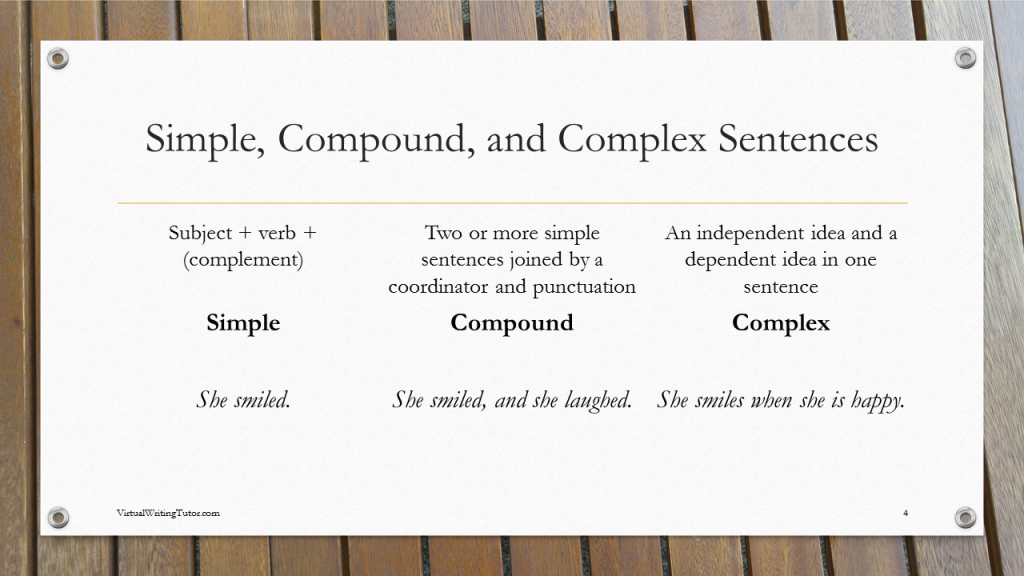
- Tom got a small piece of pie.
- Tom sat two rows ahead of me.
- We all suspect him of murder.
- We are in favor of your plan.
- What line of work are you in?
- Would you like a cup of milk?
- All of my friends like soccer.
- He accused me of being a liar.
- He is afraid of becoming sick.
- He is the captain of the team.
- He painted a picture of a dog.
- He thought of a good solution.
- His wife is one of my friends.
- I am thinking of going abroad.
- I arrived ahead of the others.
- I have a fever of 102 degrees.
- I know every inch of the town.
- I sat in the front of the bus.
- I was out of town on vacation.
- I wish I had a room of my own.
- I'm dying for a cup of coffee.
- I'm tired of eating fast food.
- I've had a lot of calls today.
- I've never heard of that city.
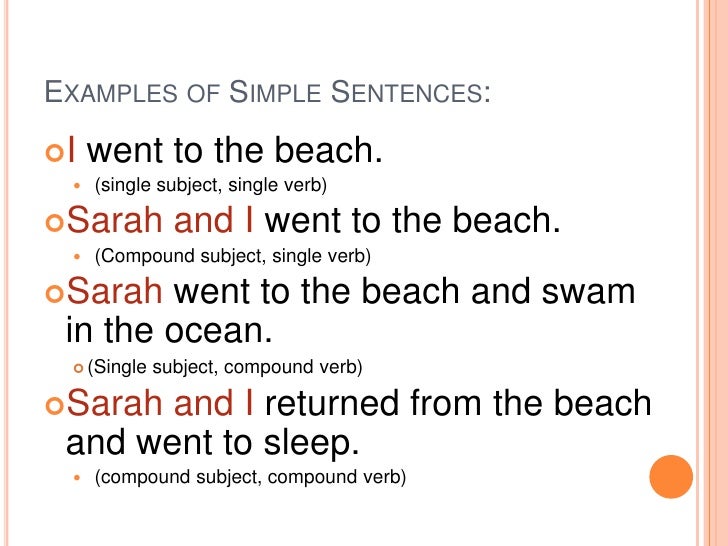
- Life is full of ups and downs.
- She accused him of being late.
- She gave him a piece of paper.
- She is not afraid of anything.
- She pulled him out of the mud.
- She reminds him of his mother.
- She took care of the children.
- The price of eggs is going up.
- The troops had plenty of arms.
- We have a lot of rain in June.
- We received word of his death.
- What is the price of this cap?
- What kind of meal did you eat?
- What kind of sports do you do?
- What kind of wine do you have?
- What kind of work will you do?
- Which of them is your brother?
- Do you think I'm made of money?
- Have both of you already eaten?
- He accused the man of stealing.
- He acted the part of King Lear.
- He drank three bottles of beer.
- He has no chance of recovering.
- He is afraid of his own shadow.
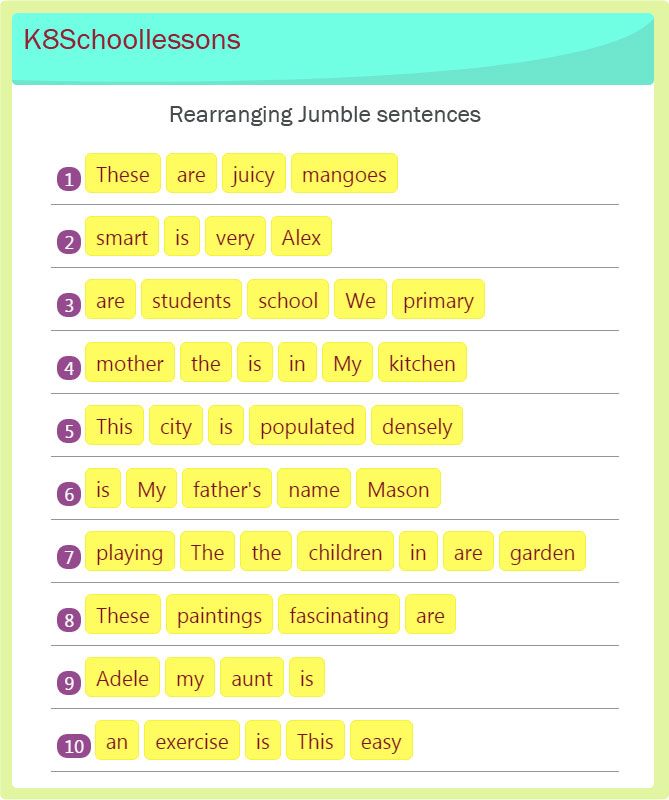
- He is something of a celebrity.
- He is subject to fits of anger.
- He seems to make nothing of it.
- He was not aware of the danger.
- I bought two pairs of trousers.
- I can't get her out of my mind.
- I can't live that kind of life.
- I caught a glimpse of her face.
- I had to take care of her baby.
- I have a lot of homework to do.
- I let the cat out of the house.
- I've got a bad case of jet lag.
- It's nice of you to see me off.
- My briefcase is full of papers.
- Playing tennis is a lot of fun.
- Please give me a cup of coffee.
- She accused me of being a liar.
- She brought a cup of tea to me.
- Let go of my arm!
ENG 1001: Sentences: Simple, Compound, and Complex
A common weakness in writing is the lack of varied sentences.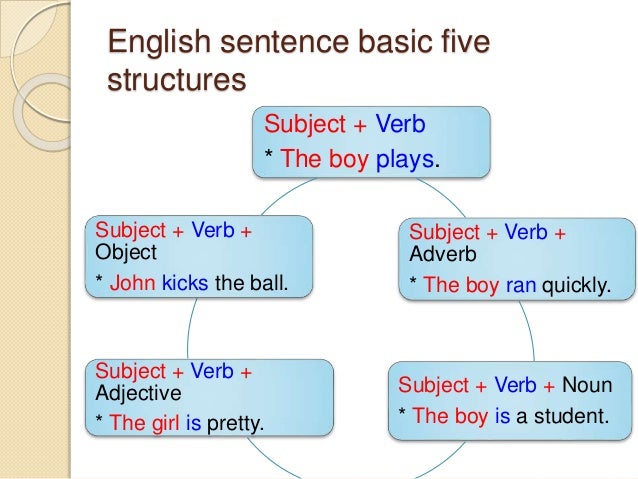 Becoming aware of three general types of sentences--simple, compound, and complex--can help you vary the sentences in your writing.
Becoming aware of three general types of sentences--simple, compound, and complex--can help you vary the sentences in your writing.
The most effective writing uses a variety of the sentence types explained below.
1. Simple Sentences
A simple sentence has the most basic elements that make it a sentence: a subject, a verb, and a completed thought.
Examples of simple sentences include the following:
- Joe waited for the train.
"Joe" = subject, "waited" = verb
- The train was late.
"The train" = subject, "was" = verb
- Mary and Samantha took the bus.
"Mary and Samantha" = compound subject, "took" = verb
- I looked for Mary and Samantha at the bus station.
"I" = subject, "looked" = verb
- Mary and Samantha arrived at the bus station early but waited until noon for the bus.
"Mary and Samantha" = compound subject, "arrived" and "waited" = compound verb
Tip: If you use many simple sentences in an essay, you should consider revising some of the sentences into compound or complex sentences (explained below).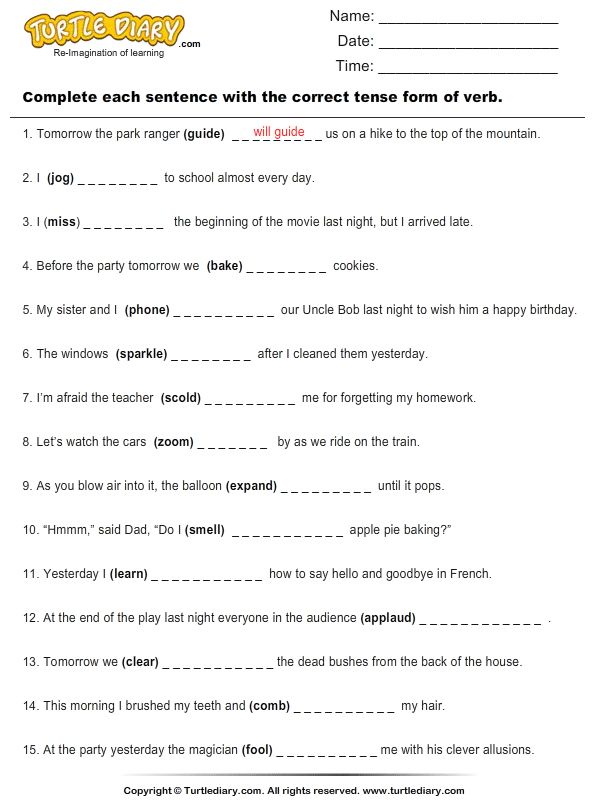
The use of compound subjects, compound verbs, prepositional phrases (such as "at the bus station"), and other elements help lengthen simple sentences, but simple sentences often are short. The use of too many simple sentences can make writing "choppy" and can prevent the writing from flowing smoothly.
A simple sentence can also be referred to as an independent clause. It is referred to as "independent" because, while it might be part of a compound or complex sentence, it can also stand by itself as a complete sentence.
2. Compound Sentences
A compound sentence refers to a sentence made up of two independent clauses (or complete sentences) connected to one another with a coordinating conjunction. Coordinating conjunctions are easy to remember if you think of the words "FAN BOYS":
- For
- And
- Nor
- But
- Or
- Yet
- So
Examples of compound sentences include the following:
- Joe waited for the train, but the train was late.
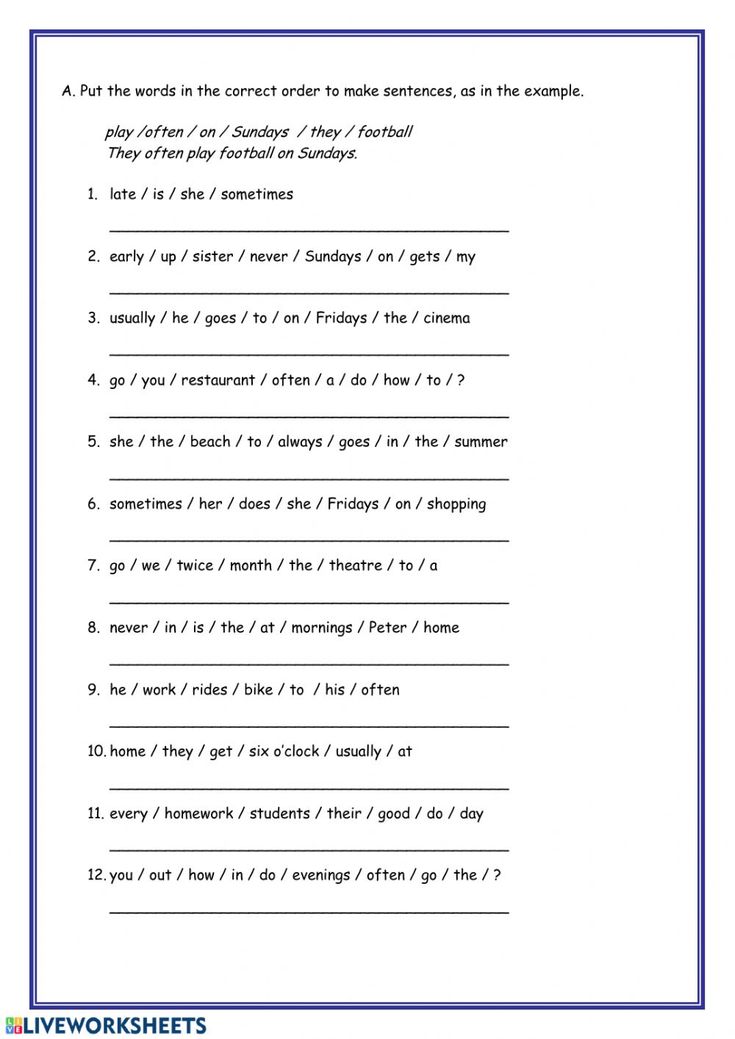
- I looked for Mary and Samantha at the bus station, but they arrived at the station before noon and left on the bus before I arrived.
- Mary and Samantha arrived at the bus station before noon, and they left on the bus before I arrived.
- Mary and Samantha left on the bus before I arrived, so I did not see them at the bus station.
Tip: If you rely heavily on compound sentences in an essay, you should consider revising some of them into complex sentences (explained below).
Coordinating conjunctions are useful for connecting sentences, but compound sentences often are overused. While coordinating conjunctions can indicate some type of relationship between the two independent clauses in the sentence, they sometimes do not indicate much of a relationship. The word "and," for example, only adds one independent clause to another, without indicating how the two parts of a sentence are logically related. Too many compound sentences that use "and" can weaken writing.
Too many compound sentences that use "and" can weaken writing.
Clearer and more specific relationships can be established through the use of complex sentences.
3. Complex Sentences
A complex sentence is made up of an independent clause and one or more dependent clauses connected to it. A dependent clause is similar to an independent clause, or complete sentence, but it lacks one of the elements that would make it a complete sentence.
Examples of dependent clauses include the following:
- because Mary and Samantha arrived at the bus station before noon
- while he waited at the train station
- after they left on the bus
Dependent clauses such as those above cannot stand alone as a sentence, but they can be added to an independent clause to form a complex sentence.
Dependent clauses begin with subordinating conjunctions. Below are some of the most common subordinating conjunctions:
- after
- although
- as
- because
- before
- even though
- if
- since
- though
- unless
- until
- when
- whenever
- whereas
- wherever
- while
A complex sentence joins an independent clause with one or more dependent clauses.
The dependent clauses can go first in the sentence, followed by the independent clause, as in the following:
Tip: When the dependent clause comes first, a comma should be used to separate the two clauses.
- Because Mary and Samantha arrived at the bus station before noon, I did not see them at the station.
- While he waited at the train station, Joe realized that the train was late.
- After they left on the bus, Mary and Samantha realized that Joe was waiting at the train station.
Conversely, the independent clauses can go first in the sentence, followed by the dependent clause, as in the following:
Tip: When the independent clause comes first, a comma should not be used to separate the two clauses.
- I did not see them at the station because Mary and Samantha arrived at the bus station before noon.
- Joe realized that the train was late while he waited at the train station.
- Mary and Samantha realized that Joe was waiting at the train station after they left on the bus.

Complex sentences are often more effective than compound sentences because a complex sentence indicates clearer and more specific relationships between the main parts of the sentence. The word "before," for instance, tells readers that one thing occurs before another. A word such as "although" conveys a more complex relationship than a word such as "and" conveys.
The term periodic sentence is used to refer to a complex sentence beginning with a dependent clause and ending with an independent clause, as in "While he waited at the train station, Joe realized that the train was late."
Periodic sentences can be especially effective because the completed thought occurs at the end of it, so the first part of the sentence can build up to the meaning that comes at the end.
Beginning Sentences with "And" or "Because"
Should you begin a sentence with "and" or "but" (or one of the other coordinating conjunctions)?
The short answer is "no.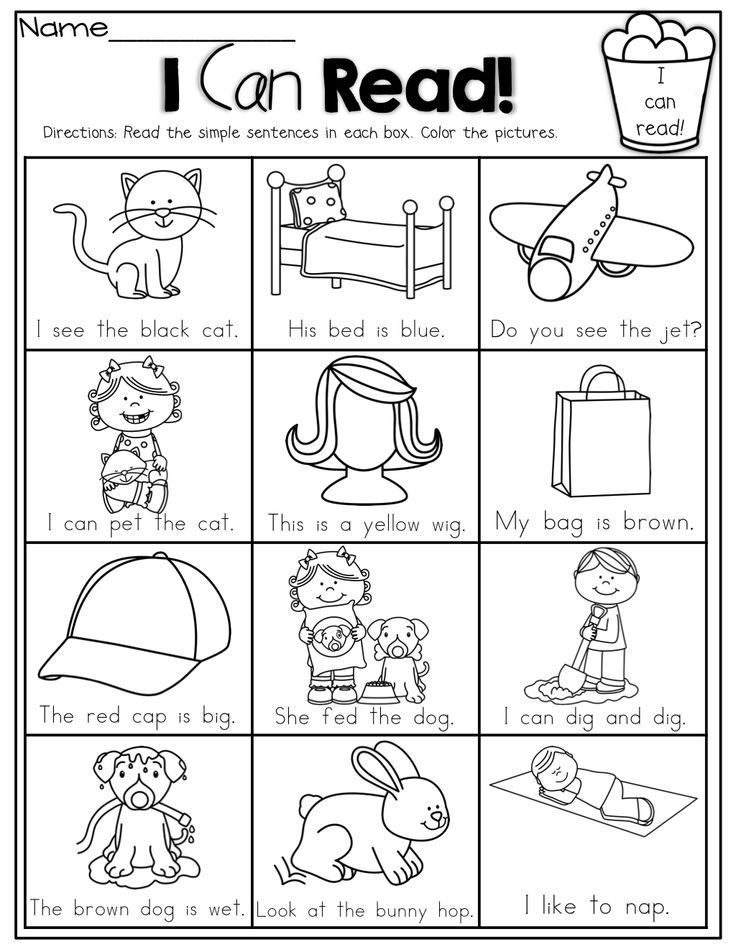 " You should avoid beginning a sentence with "and," "or," "but," or the other coordinating conjunctions. These words generally are used to join together parts of a sentence, not to begin a new sentence.
" You should avoid beginning a sentence with "and," "or," "but," or the other coordinating conjunctions. These words generally are used to join together parts of a sentence, not to begin a new sentence.
However, such sentences can be used effectively. Because sentences beginning with these words stand out, they are sometimes used for emphasis. If you use sentences beginning with one of the coordinating conjunctions, you should use these sentences sparingly and carefully.
Should you begin a sentence with "because"?
There is nothing wrong with beginning a sentence with "because."
Perhaps some students are told not to begin a sentence with "because" to avoid sentence fragments (something like "Because Mary and Samantha arrived at the bus station before noon" is a sentence fragment), but it is perfectly acceptable to begin a sentence with "because" as long as the sentence is complete (as in "Because Mary and Samantha arrived at the bus station before noon, I did not see them at the station.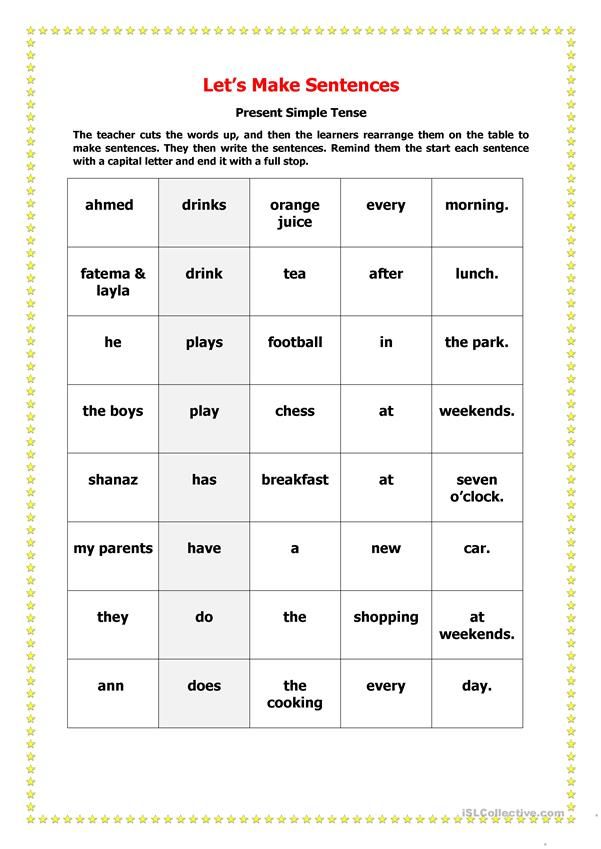 ")
")
Watch It!
What is a simple sentence: types and examples
The sentence is studied not only by philologists and linguists, but also by psychologists and philosophers. This fact is explained by the fact that any statement is associated with human mental operations. In some studies, it is understood as a phrase or judgment. So, a simple suggestion, what is it.
Content
- 1 Definition
- 2 Types of simple sentences
- 3 Difference from compound sentence
- 4 Useful video
Definition
A simple sentence is a sentence that has one grammatical basis. In this design, one item performs one action. Example: Mom bought a delicious cake.
However, there are exceptions:
- the grammatical basis may contain homogeneous subjects, that is, the statement refers to several objects that perform the action: Mom, dad and grandmother came to congratulate me on my name day;
- the grammatical stem may contain homogeneous predicates, i.
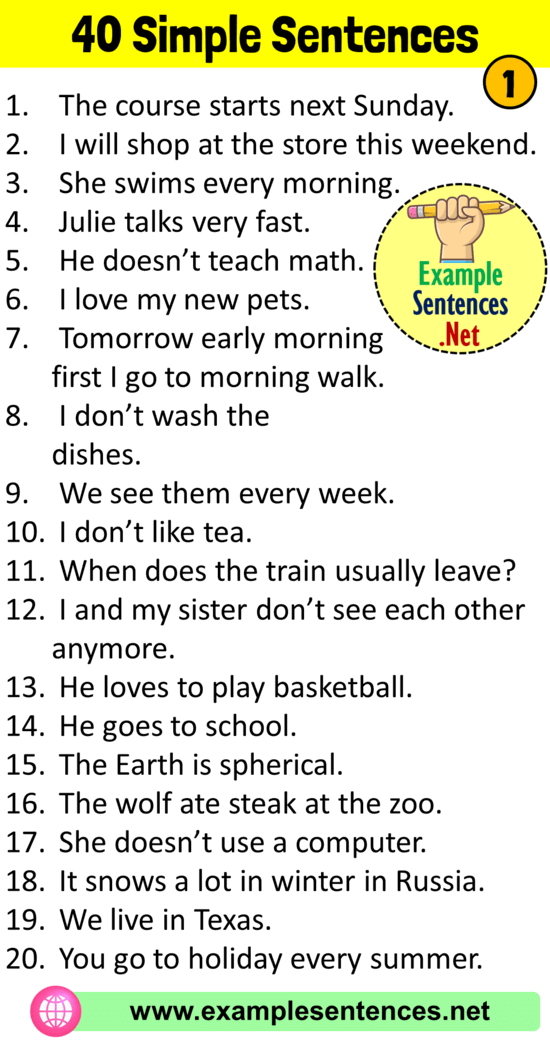 e. the statement refers to several actions performed by the subject: Mom came home from work and immediately began to clean the apartment, and then started preparing dinner;
e. the statement refers to several actions performed by the subject: Mom came home from work and immediately began to clean the apartment, and then started preparing dinner; - the grammatical stem may not contain a subject or a predicate. For example, a statement can talk about only one object without its action: “ Beauty! » Or it can only talk about some action without a character: Buying cakes .
Types of simple sentences
Simple sentences are classified according to several criteria. All these features are indicated in the syntactic description.
According to the purpose of the statement, they are divided into:
- narrative - telling about something: Mom came home very late;
- interrogative - having a question in its structure: What time will mother come home?
- incentive - inciting to action: Let's be friends!
Sentences are distinguished by emotional coloring:
- exclamatory, that is, with an exclamation point at the end: I love you!
- non-exclamatory, that is, with a dot, question mark or ellipsis at the end: Please give me a notebook.
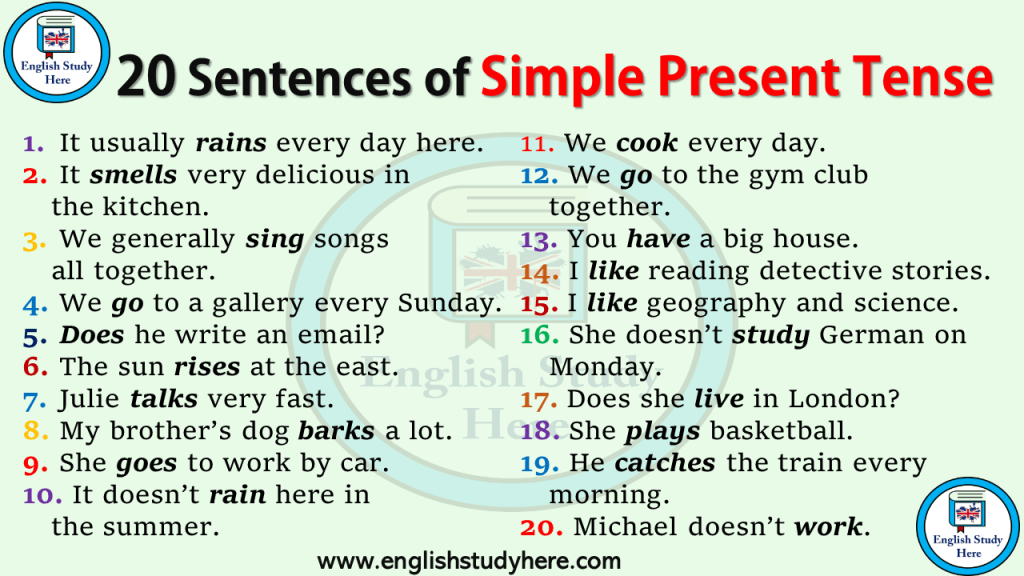
By the presence of the main member - subject or predicate - they are divided into:
- two-part, that is, having a subject and a predicate: The long-awaited winter will come soon.
- one-part, that is, having either a subject or a predicate in their composition: Winter!
One-piece constructions, in turn, are divided into: Such sentences include a subject without a predicate: It's already five o'clock! By the presence of members that affect the understanding of the meaning of the statement, the following sentences are distinguished: By the presence of secondary members, common and non-common sentences are distinguished : Help! A simple complicated sentence is a syntactic construction that contains complicating elements. The compound sentence contains more than one grammatical stem: Mom washed the dishes, dad fixed the TV. In this construction, "mom soap" and "dad repaired" are separate grammatical bases. To find a simple sentence in a text, you need to analyze each statement for the number of grammatical bases. If it has one basis, then the analyzed syntactic construction is simple. A simple sentence contains one group of main members, but it can also include complicating elements. The Russian language distinguishes between simple and complex sentences. They differ in the number of grammatical bases. Simple offer - is a sentence with one grammatical stem. A simple sentence can be one-part and two-part. One-part - is a simple sentence with only one main term. One-part sentences can be: Two-part sentence - is a simple sentence that has all the necessary components, such as: subject and predicate. A compound sentence is a sentence that has two or more grammatical bases that can be related either in meaning or with the help of conjunctions. For example: I am sitting on an armchair, a cat jumped up to me . This is a difficult sentence because it has two grammatical bases (I am sitting and the cat jumped up). Compound sentences can be: Non-union sentences - a sentence in which all its parts are interconnected in meaning, but without unions. For example: It's getting warmer, I took off my jacket. In this sentence, there are two grammatical parts "warmer" and "I removed", between which there are no conjunctions. Compound sentences are a complex union sentence, the simple parts of which are connected with the help of coordinating unions. Coordinating conjunctions: a, and, but, a, or, or, yes, both ... and, either ... either, not only ... but and, or ... or, neither ... nor, but. All parts of compound sentences are equal in meaning. For example: Not only the water warmed up on the beach, but the sand became warmer as well. The first part of the compound sentence - the water warmed up, the second - the sand became.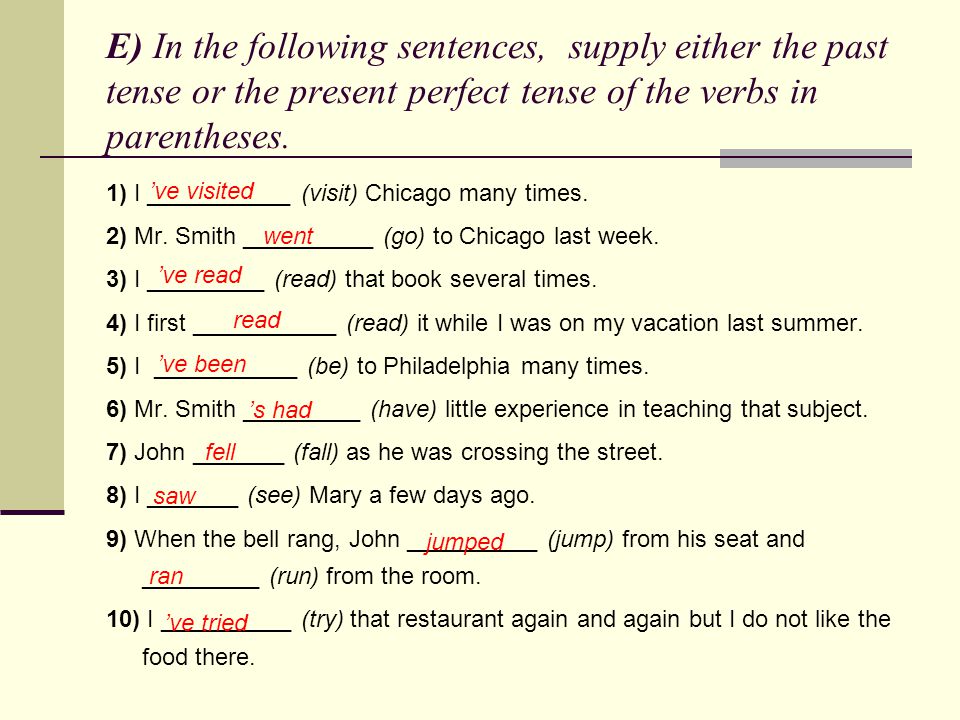 It is impossible to identify the character in this type of construction: Cold.
It is impossible to identify the character in this type of construction: Cold.
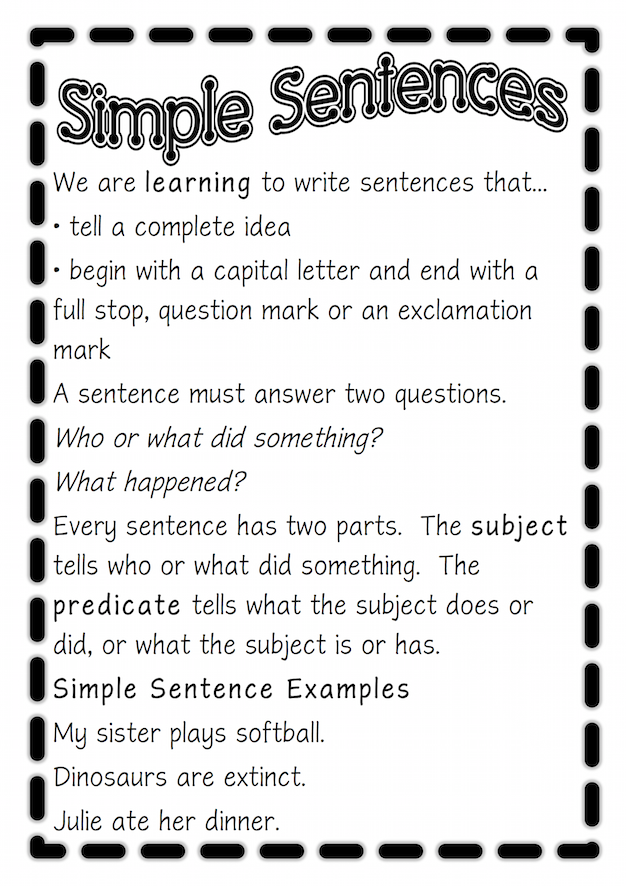 These include:
These include:
Difference from the compound sentence
 " Wed: Forecasters say it will rain tomorrow is complex, since it has two bases: “forecasters have expressed” and “it will rain”.
" Wed: Forecasters say it will rain tomorrow is complex, since it has two bases: “forecasters have expressed” and “it will rain”. Useful video
What is a simple and complex sentence?
Simple offer
Example: I have washed the dishes. This is a simple sentence, since it has one grammatical basis - I washed it. Types of simple sentences
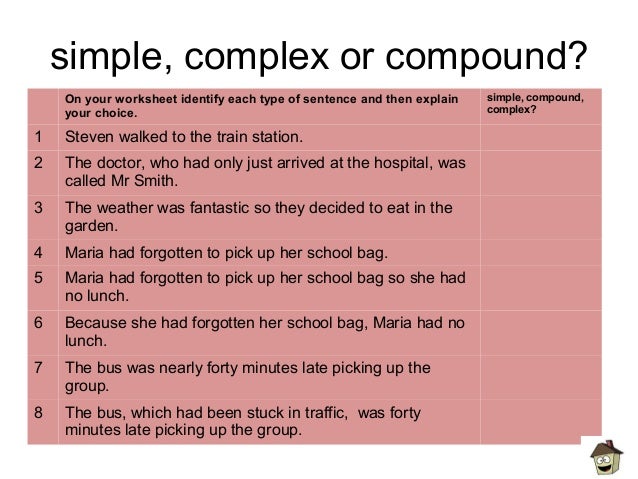 For example: Stay silent. The main member is "stop" (predicate).
For example: Stay silent. The main member is "stop" (predicate).
Compound sentence
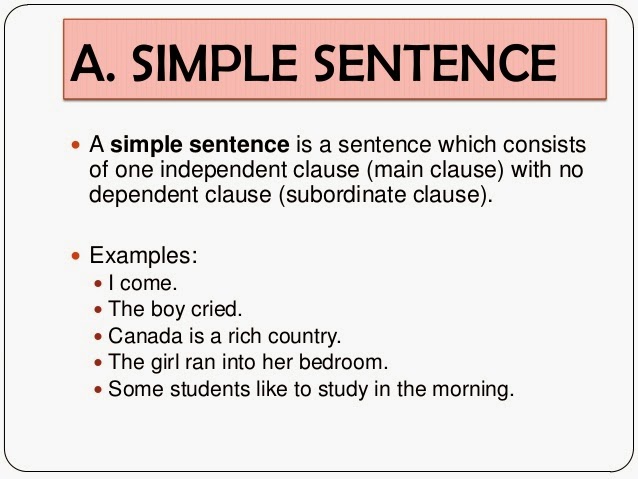
Types of compound sentences
